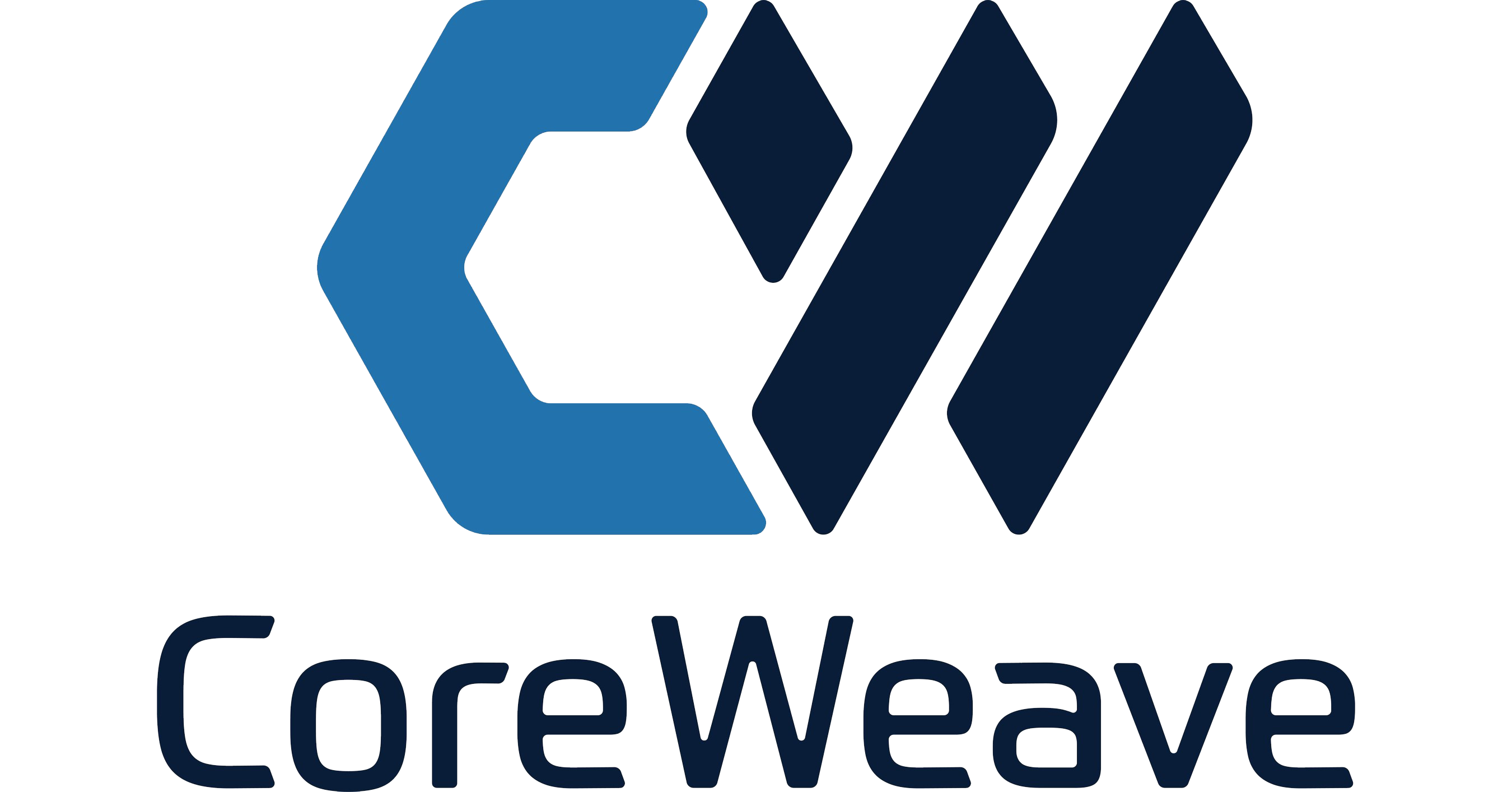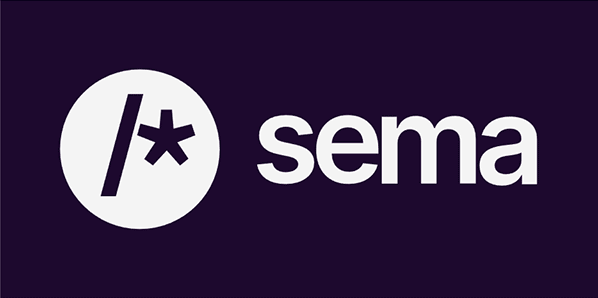How Much Should Your VC-Backed Startup Spend on Accounting?
With Kruze Consulting, you can confidently focus on growing your startup while we handle the complexities of accounting and finance.
Our team combines years of experience, advanced technology, and a deep understanding of the needs of venture-backed startups to deliver high-quality financial services.
By partnering with us, you gain access to a dedicated team that makes sure your books are accurate, your taxes are compliant, and your startup is always prepared for due diligence.
Why Choose Kruze Consulting?
Expertise in Startups
Kruze specializes in venture-backed startups, ensuring your financials are always diligence-ready.
Transparent Pricing
Fixed monthly packages provide clarity and predictability for your bookkeeping and tax needs.
Time-Saving Solutions
Our streamlined services let founders focus on scaling their businesses, not managing finances.
Pricing Overview


"Kruze has saved us a lot of time and tens of thousands of dollars, if you look at the difference between hiring a full-time employee versus a resource like Kruze. If I started another company, one of the first things I’d do is bring in Kruze."
Frequently Asked Questions
Kruze specializes in funded Delaware C-Corps that have raised at least $500K in venture capital. We support startups from Pre-Seed to Series C stages.
Yes, we charge a one-time onboarding fee to onboard each new entity. This covers things such as, but not limited to, setting up accounting systems, organizing your financials, building a data room, optimizing 3rd party integrations, and converting from cash to accrual accounting. Additional fees may apply if prior financial records need correction.
Our fixed-price packages include on-time delivery of monthly financial reports, transaction reconciliation and categorization, and a monthly call with your dedicated Controller. We offer customized solutions based on your startup’s complexity. Contact us for a quote.
Use our Tax Return Pricing Calculator to estimate the cost of preparing your tax returns. Contact us for a free consultation to get a detailed quote tailored to your needs.
Yes! You can use our free R&D Tax Credit Calculator to estimate how much your credit might be. Contact us for a quote and start saving on payroll taxes.
Get in touch with us, it’s free!
Contact Us for a Free Consultation
Kruze Consulting specializes in startup accounting, relying on experienced accounting, tax, and finance professionals, using best-in-breed financial tools and systems.
800+ Of The Best Funded Startups Trust Kruze


















